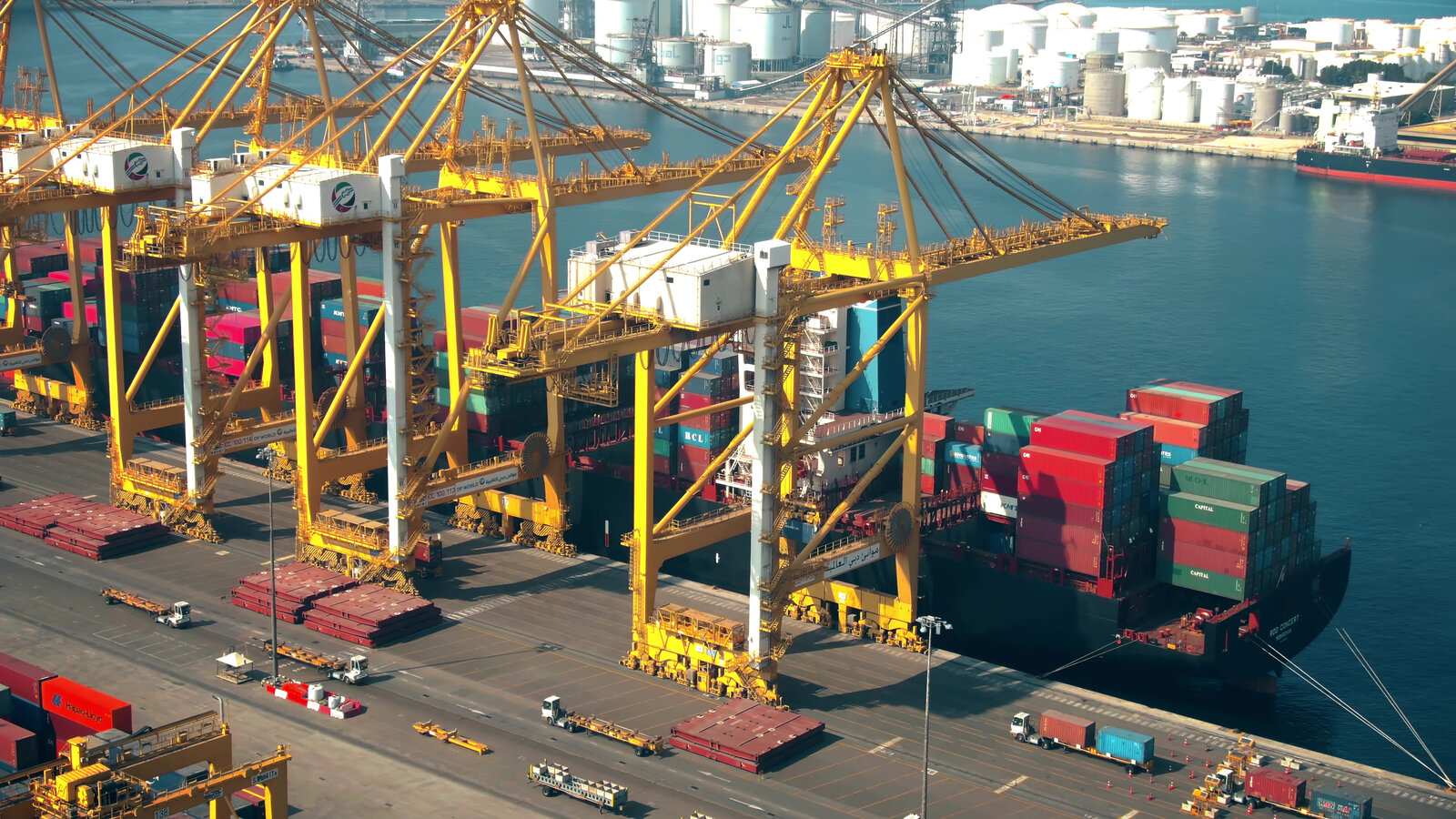Dubai’s freezone publishes special edition trade report on energy, laying out state of green transition in the region

UAE’s Dubai Multi Commodities Centre publishes special edition report on energy: The UAE's largest freetrade zone — the Dubai Multi Commodities Centre (DMCC) — has released a special edition of its Future of Trade report (pdf), which looks at the growing opportunities and challenges across the region’s energy supply chain, including the state of the energy transition, with a focus on the UAE. The report breaks down how those developments could impact trade and global competitiveness amid uncertainty and multiple potential pathways for the direction the transition can take. The analysis was carried out by Energy Intelligence.
The likelihood of reaching global net-zero by 2040 is 4%: Energy Intelligence charted four main scenarios for the global energy transition and their likelihood of occurring given today’s trajectory. The most likely scenario — with a 47% probability of occurrence — is an “accelerated” momentum towards transition, where policy makers and investors are offering mixed but growing support for faster action. The “boost” scenario presents a faster transition path but a lower likelihood of 30%, as it would require a self-reinforcing cycle of stronger policy incentives and corporate responses to boost technological progress and reduce costs. The most ambitious scenario for net-zero currently seems unlikely, with a 4% chance of occurring given that it would require a dramatic, rapid divergence from current market trends. The likelihood of a “blowout,” where progress would falter due to multiple obstacles, stands at 19%, according to the analysis.
Renewables + EVs are a key driver: Renewables and electric vehicles (EVs) will likely drive the energy transition the most, given their steadily declining costs and increasing national policy support, according to the study.
Hydrogen is still mired with unpredictability: This decade, progress in low-carbon hydrogen development is expected to be primarily concentrated on projects that offer greater certainty in terms of local demand, reflecting a continued cautious and pragmatic approach to hydrogen’s role in the energy transition. Using a levelized cost of hydrogen (LCOH) approach, Energy Intelligence illustrates a potential significant decline in hydrogen production costs by 2030, especially as costs of renewables generation and electrolyser technologies become more affordable. In contrast, the costs associated with blue hydrogen production — hydrogen produced with fossil fuels but integrating carbon capture and storage technologies — remain closely linked to fluctuations in natural gas prices, offering limited room for capex gains.
The Gulf’s potential as a competitive hydrogen exporter is high: “A competitive edge could emerge for Gulf producers, pricing out higher cost regions and fuelling their economic incentive for international hydrogen trade based out of major trade hubs such as Dubai,” the report said, adding that Europe and East Asian nations like Japan would be likely import markets. The cost considerations for trade are substantial and encompass not only production but also the intricate web of transportation and (re)conversion processes.
Middle East’s national oil companies focusing on carbon capture investments rather than hydrogen and renewables: National oil companies in the region are making only incremental investments in new renewable power capacity and green hydrogen, opting to place emphasis on expanding carbon capture and storage infrastructure and blue hydrogen instead. These companies — including the UAE’s Adnoc and Saudi Aramco — attribute this approach to low demand for green hydrogen. Blue hydrogen is also more appealing to some companies due to their existing natural gas resources and infrastructure. However, “the Middle East’s green hydrogen production costs are poised to occupy the lower end of the global spectrum by 2030, primarily owing to the region’s access to cost-efficient renewable power sources,” the report said.
What can be done to securely accelerate the green transition? The report makes recommendations including reimagining the traditional supply chain to take into account shifting geopolitical and geoeconomic landscapes; preparing for political and regulatory volatility due to changing national policies and strategies; maintaining a predictable investment climate; and making low-carbon energy sources more accessible through the development of knowledge and production hubs.
DMCC and the energy sector: DMCC is home to more than 3k companies operating in the energy sector, accounting for approximately 13% of its member base, including a diverse array of leading industry players. The energy sector has become one of the largest and fastest growing segments at DMCC, recording a 15% y-o-y increase in member companies over the past five years.